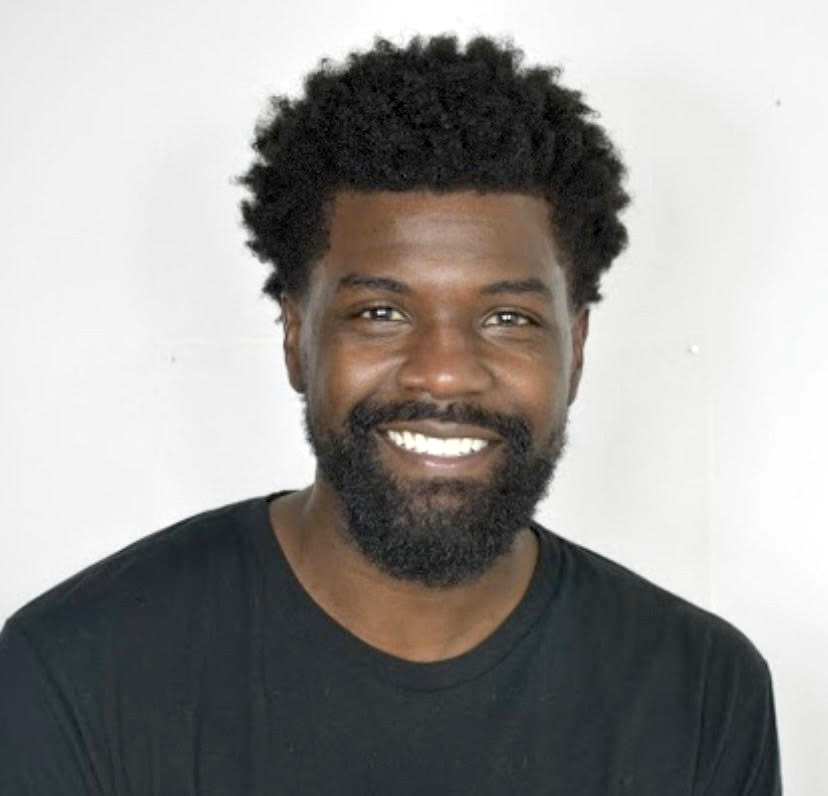If Barley Sober founder Rohan Brown wasn’t in class or on the basketball court at La Salle University, he was enjoying Philadelphia’s nightlife and dining scene.
A former scholarship athlete for La Salle’s men’s basketball team, Brown quickly became a person to ask when friends and classmates looked for recommendations on what to eat and where to go. To better answer people’s questions about Philly nightlife, he started a blog, and saw it gain traffic. But as he spoke to more restaurant and venue operators, something else piqued his curiosity.
“I noticed that operators didn’t know who their most valuable customers [were],” he told Technical.ly. “[Patrons] never know where to go next” — or how crowded their favorite bars would be, and therefore how easy it would be to place an order once they arrived.
Brown saw a problem and set out to find its solution: “There had to be money to be made there.”
As he continued earning his masters degree of business administration in finance at La Salle, Brown said that his idea never went away. After graduating, he worked at an investment firm for a couple of years, and throughout that time he continued to work on his business idea. He raised a friends and family investment round of $42,000 while conducting market research, and worked with the CDFI West Philadelphia Financial Services Institution to further develop his business idea.
Brown is now working full time on the Barley Sober app, which aims to make it easy for customers to order alcoholic beverages or food online, either for takeout or dining in. The idea is that patrons enter their order from home, the restaurant’s bartender gets a notification the order has been place, and the drink is ready by the time the patron arrives to pick it up.
Barley Sober is currently a progressive web app based on HTML, but its functionality is akin to that of more fully developed apps. While it’s limited in function, the app can still serve as a proof of concept, Brown said. With $200,000 in soft commitments and a goal of raising $700,000, he said funding will help develop the next iteration of the Barley Sober app to better meet market demands.
Since launching in April 2019 and beta testing in the Philly area since, Brown has learned a lot from alcohol and hospitality brands about how to bridge the gap between what they did on a daily basis and tech.
Shortly after the pandemic began, alcohol became available for takeout from venues, and Brown saw an opportunity for the Barley Sober app to become valuable for consumers ordering from home. Brown collaborated with the Bynum Hospitality Group, the brother-entrepreneurs behind successful Philly restaurants such as Warmdaddy’s, to support their takeout process until Warmdaddy’s summer shutdown.

The Barley Sober website. (Screenshot)
Brown believes that restaurants and bars using tech to facilitate takeout will continue even after the pandemic ends.
“From market analysis, there’s no way hospitality comes back without adopting tech,” he said. “Before, operators were not too keen on adopting tech. After this, every operator will have their own tech stack, from dining out to takeout to delivery. This has opened their minds to the potential space of technology.”
Brown is a tech advocate and hopes that his journey can inspire others to help improve diversity in tech. After graduating college, Brown had the opportunity to play basketball professionally overseas. When he also considered the MBA he earned, he felt that entering tech could provide more long-term stability than his other options.
As he expands his network and pitches potential investors, Brown has also been accepted into two business development programs: the Ernst & Young Entrepreneur Access Network and the Startup Leadership Program.
The Entrepreneur Access Network, an executive accelerator from the global law firm, will connect Brown to professionals and resources that were previously unavailable to him: “They only accept 100 people a year, I’m just happy to be one of the fortunate people to have the opportunity,” he said. And Brown expects the Startup Leadership Program to help with networking, specifically. The program operates in 13 cities worldwide and can provide him with domestic knowledge about any of them.
With many professionals and organizations limited by COVID-19, Brown spent the past few months honing his networking skills. He believes they are something that anyone can develop with effort and time.
“Most entrepreneurs need to keep track of who they get in contact with, give value or give an update,” he said. “A lot of people want people to just help them, as opposed to the other way around. I introduce people, consistently update them and am very adamant about that.”
Michael Butler is a 2020-2022 corps member for Report for America, an initiative of The Groundtruth Project that pairs young journalists with local newsrooms. This position is supported by the Lenfest Institute for Journalism.Before you go...
Please consider supporting Technical.ly to keep our independent journalism strong. Unlike most business-focused media outlets, we don’t have a paywall. Instead, we count on your personal and organizational support.
Join our growing Slack community
Join 5,000 tech professionals and entrepreneurs in our community Slack today!

The person charged in the UnitedHealthcare CEO shooting had a ton of tech connections

From rejection to innovation: How I built a tool to beat AI hiring algorithms at their own game

Where are the country’s most vibrant tech and startup communities?


